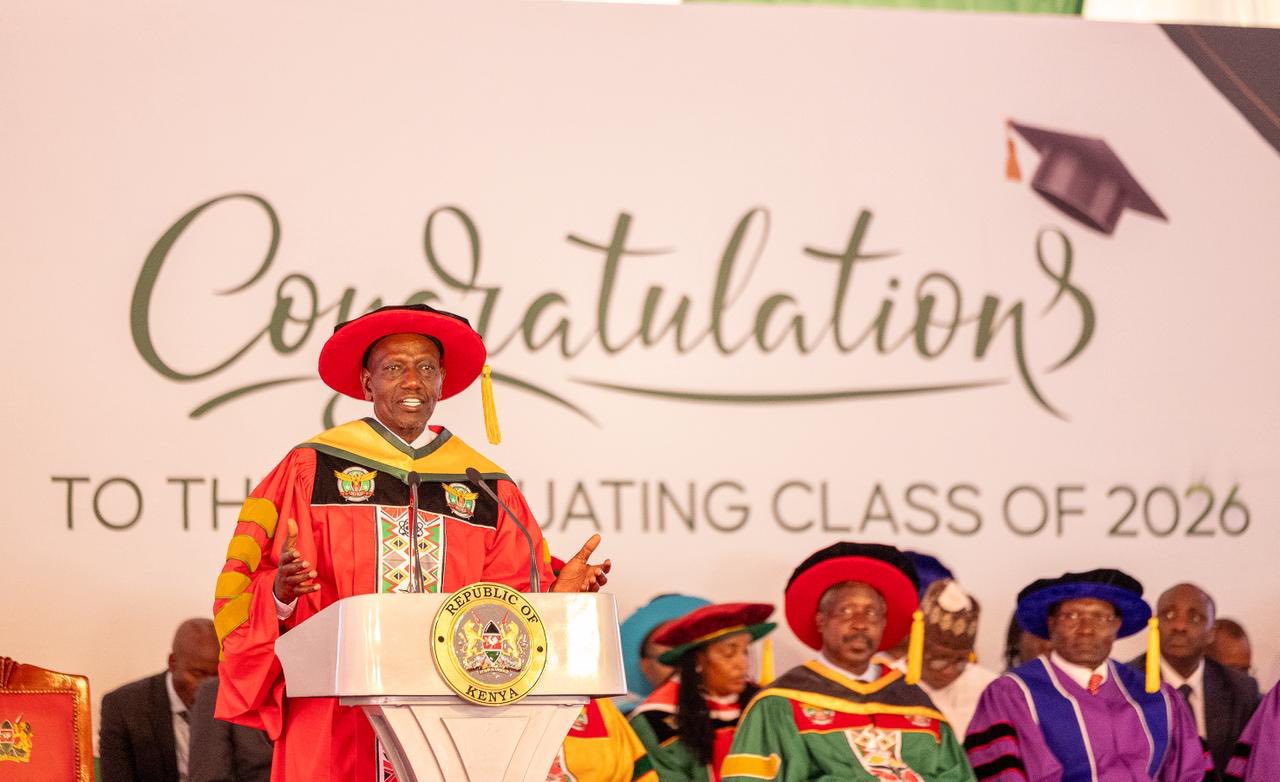Public Service Commission (PSC) will no longer be involved in the recruitment of Vice Chancellors (VC) of public universities as the task has been handed to the university council.
The councils will also be mandated to appoint Deputy Vice-Chancellors (DVC), principals of colleges and their deputies.
The change is contained in the recommendations of the Presidential Working Party on Education Reform (PWPER) report presented to President William Ruto on August 1, 2023.
As such, the Universities Act, 2012 will have to be amended by Parliament.
“Amend the Universities Act, 2012 to have the University Council carry out the recruitment and appointment of Vice-Chancellor and Deputy Vice-Chancellor, Principals of Colleges and Deputy Principals in Public Universities without the involvement of the Public Service Commission,” reads the PWPER report in part.
The report has further recommended the Act to be amended to provide for the identification of Chancellors in public universities by a selection panel constituted by the Cabinet Secretary (CS). Three nominees will be shortlisted for appointment by the President.
Currently, the councils of public universities are appointed by the education CS after a competitive recruitment process by the PSC, while for private universities it is done by a Board of Trustees.
Bad blood
The Prof. Raphael Munavu-led team identified governance as one issue that continues to impede performance in universities, with appointments of senior management and members of governance organs raising concerns because of the many considerations.
The involvement of the PSC in the appointment of top university managers has compromised their autonomy, so says the report.
This is because apart from strategic oversight, the next most important role of the councils is the chief executive’s (CEO) recruitment, and takes the lead in the search and identification of the right CEO.
Moreover, a healthy council/CEO relationship has a better chance of a good start when it is the council taking responsibility for the selection.
The team noted that PSC is designed to recruit mainly for mainstream public service, while semi-autonomous agencies such as state corporations and universities, which are created by various legal instruments, give mandates to their respective councils to hire and fire their CEOs (VCs).
Appointment of Deans
Moving forward, Deans of schools and faculties in public universities will be appointed and not elected as is the case now.
“Amend the Universities Act to provide for recruitment of Deans of schools and faculties through competitive appointment rather than elections,” reads the recommendation.
The team observed that divisions between administrative organs and the faculties is yet another challenge that weaken universities’ performance.
The divisions show not only in their different terms of service but also in how they engage in fulfilling the mission of the university.
In some instances, the divisions lead to universities pulling in different directions, thereby constraining the overall performance.
Other recommendations include amending the State Corporations Act, 2015 to include universities in the list of exempted entities to make them autonomous.
All technical universities will now be chartered under Section 25 (2)(a). Therefore, Technical University of Mombasa (TUM) and Technical University of Kenya (TUK) will be re-chartered under the provision.
Managing research
The government will now provide enhanced support to university research by allocating one-third of the 2 per cent provided in the Science, Technology and Innovation (STI) Act, 2013, while removing university scholarly research and innovation levies.
Further, the Ministry of Education (MoE) will develop a framework on institutionalizing university and industry linkages by promoting university and industry staff engagements in training and practical experience.
The report notes that one challenge facing the university sub-sector relates to governance of research, which is currently fragmented to have several institutions carrying out research-related functions.
The bodies include the National Commission on Science, Technology and Innovation (NACOSTI), the National Research Fund (NRF), and the Kenya National Innovation Agency (KeNIA).
The overriding observation is that the challenges have weakened the performance of universities, resulting in poor performance in global rankings. Consequently, very few are in the top 100 globally, and only a small number get to the top 20 in Africa.
By Roy Hezron
Get more stories from our website: Education News
To write to us or offer feedback, you can reach us through: editor@educationnews.co.ke
You can also follow our social media pages on Twitter: Education News KE and Facebook: Education News Newspaper For timely updates.






